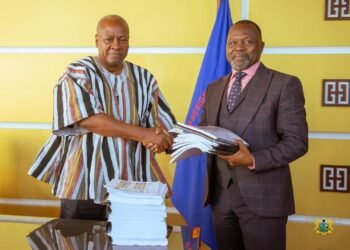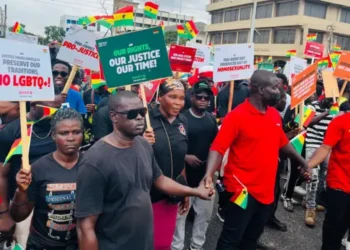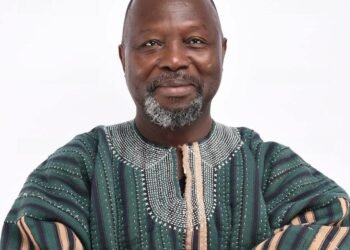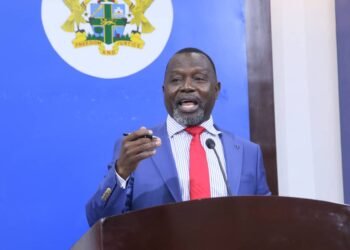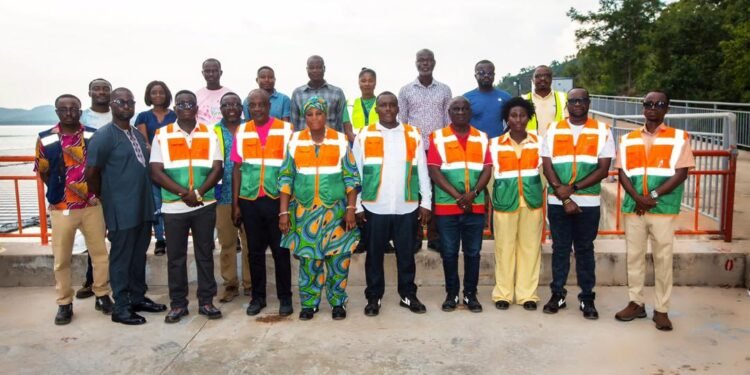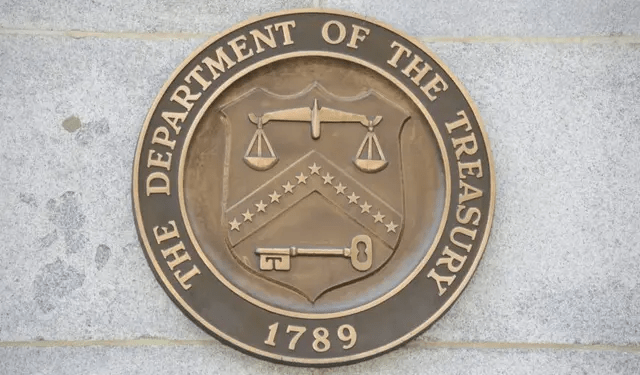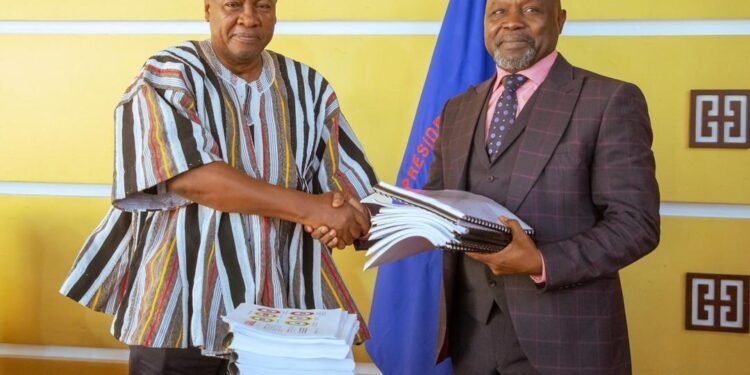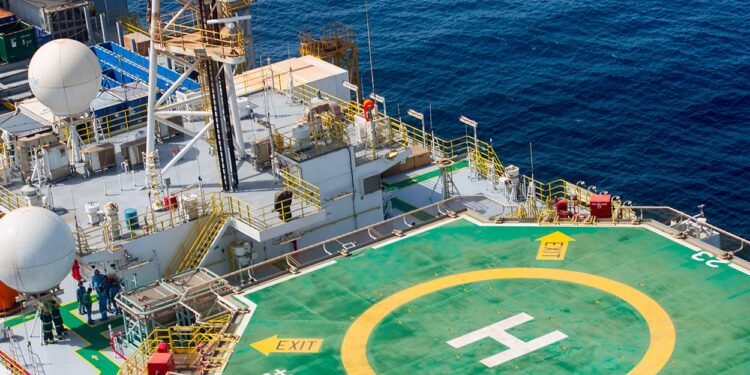The Center for Democratic Development (CDD-Ghana) has called for the amendment of the Political Parties Act to include prohibition of funding with illicit sources.
This forms part of the recommendations in a recent study published by the Center which found that the rising cost of politics in Ghana is attracting illicit funding from organized crimes.
“The gaps in the legal and regulatory framework and oversight of campaign financing in Ghana has enabled the inflow of money from illicit sources into Ghanaian politics. The high cost of running for elections is exacerbating exclusionary politics and preventing the reforming of the status quo. This, in turn, is inhibiting real change actors to enter the political arena and drive influential changes for positive developmental outcomes”.
CDD-Ghana
The study found that more tangible sources of campaign financing were from major campaign financiers – some of whom are engaged in Serious and Organized Crime (SOC) activities. Specific sources of funds identified as money from illicit activities include illegal mining, illegal oil diversion, and kickbacks from procurement of goods, services, and works contracts and from proceeds of organized crime.
According to CDD-Ghana, majority of campaign financiers provided their funds with the expectation of receiving some form of reward such as procurement favours in the form of works, services, and construction contracts; appointments; protection of businesses; protection from prosecution in the case of illegal activities; tax waivers; and access to power.
Source of Contribution/Funding
Analysis of 40 media reportage of contributions to the NDC and NPP spanning elections in 2000, 2004, 2008, 2012 and 2016, showed that the source of campaign financing is dominated by high-profile political personalities at both national and local levels; accounting for a little more than half (52.5%) of all the sources of contribution observed in the analysis.
The least commonly mentioned sources of contributions were organic grassroots-membership fundraising (12.5%), corporations (2.5%), and foreign entities (2.5%).
The type of contribution or support political parties were commonly reported to have received were non-monetary (48%) ranging from the provision of buildings, cars, motorcycles, phones, stationery, and bales of second-hand clothing.
Majority of the contributors (23 out of 40 contributors) were from the upper echelons of the political elite or political party officials (20.5%), former government official (18%), current government officials (15.4%) and parliamentarians (2.6%).
Monetization of Politics in Ghana
According to CDD-Ghana, the rising cost of running for political office and the amount of money candidates must raise to contest elections at the constituency level and run as a parliamentary candidate is directly linked to both demand driven and supply-side corruption.
On the demand-driven corruption side, CDD-Ghana explained that party officials and delegates at the constituency level expect and or are given money and items of value to influence the election of a parliamentary aspirant. This demand-driven corruption at the party primaries increases during the national parliamentary election, the Center underscored.
The Center pointed out that increases in the cost of filing fees at both the party level and by the Electoral Commission (EC) with increases running over 500%, also contributed to the rising cost of politics in Ghana.
Interviews with party informants, past and current candidates and MPs revealed that aspirants/candidates have to nurture the constituency for a number of years, spending on voters in the constituency and financing the campaigns for the election of party executives and coordinators in the constituency nearly three years before they contest in the primaries, “which we estimated at GHC 2 million”.
The recent study revealed that a further estimated GHC 2 million is spent during the run-up to the primaries, bringing the total estimated amount to GHC 4 million ($693,000) which is up from GHS 389,803 ($85,000) earlier estimated by CDD-Ghana and WFD study in 2018.
Sources of Funding for Political Parties and Candidates
The report further revealed that less than 1% of funding for campaign (political) activity originated from membership dues/subscriptions due to irregular payments. This, however, contradicts the nearly 50% income the two parties (NDC and NPP) have reported in the returns and audited statements submitted to the EC, according to CDD-Ghana.
“The biggest contributions come from special interests, particularly businesspeople who support the party and candidates at several levels in return for contracts, contacts, positions, and protection of businesses from governmental interference or clampdown. Cash amounts donated by special interests and business financiers in support of the candidature of a president candidate ranged from GHC40,000 to GHC11.5 million ($2million)”.
CDD-Ghana
Other funding sources include voluntary contributions from party members and sympathizers; donations from “Kingmakers” in the party; funds from short codes, donations via mobile money codes established with Telcos for direct deduction of airtime and or donations from user’s accounts; donations from wealthy individuals not affiliated to the party as well as funds from fundraising activities in Ghana and overseas.
The study also found that political parties do obtain funds from foreign donors, administrations, and businesses– which are breaches of the prohibition against non-citizens funding a political party or candidates.
For candidates running for office as MP, the study found that the bulk of their funding comes from their personal savings and loans.
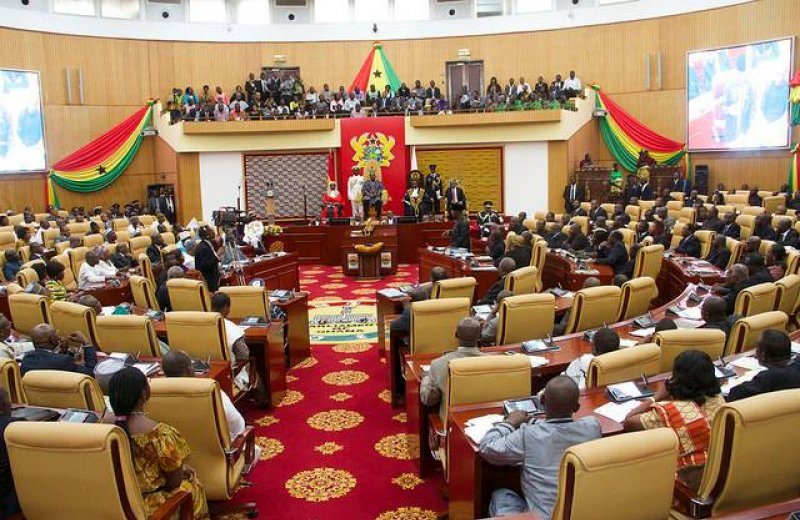
While the sources of financing an aspirant’s campaign remained unchanged, at least 8 in 10 of the former aspirants and current MPs told our researchers during the fieldwork and validation sessions they were increasingly falling into debt from the high cost of financing their campaigns before, during the election, and when they win the election and are serving as MP or after they leave office.
The study was conducted by CDD-Ghana with funding from the Adam Smith International (ASI) to understand the role of money in Ghana’s campaign financing, investigate the sources of campaign funding, the role of illicit money and the nature of illicit money in campaign financing in Ghana.
A 2018 report by the Ghana Center for Democratic Development (CDD-Ghana) and the Westminster Foundation for Democracy (WFD) revealed that the cost of running for office as a Member of Parliament (MP) increased by 59% between 2012 and 2016.
READ ASLO: Ghana: Total Assets Of The Banking Sector Grew By 20.4 percent In 2021





